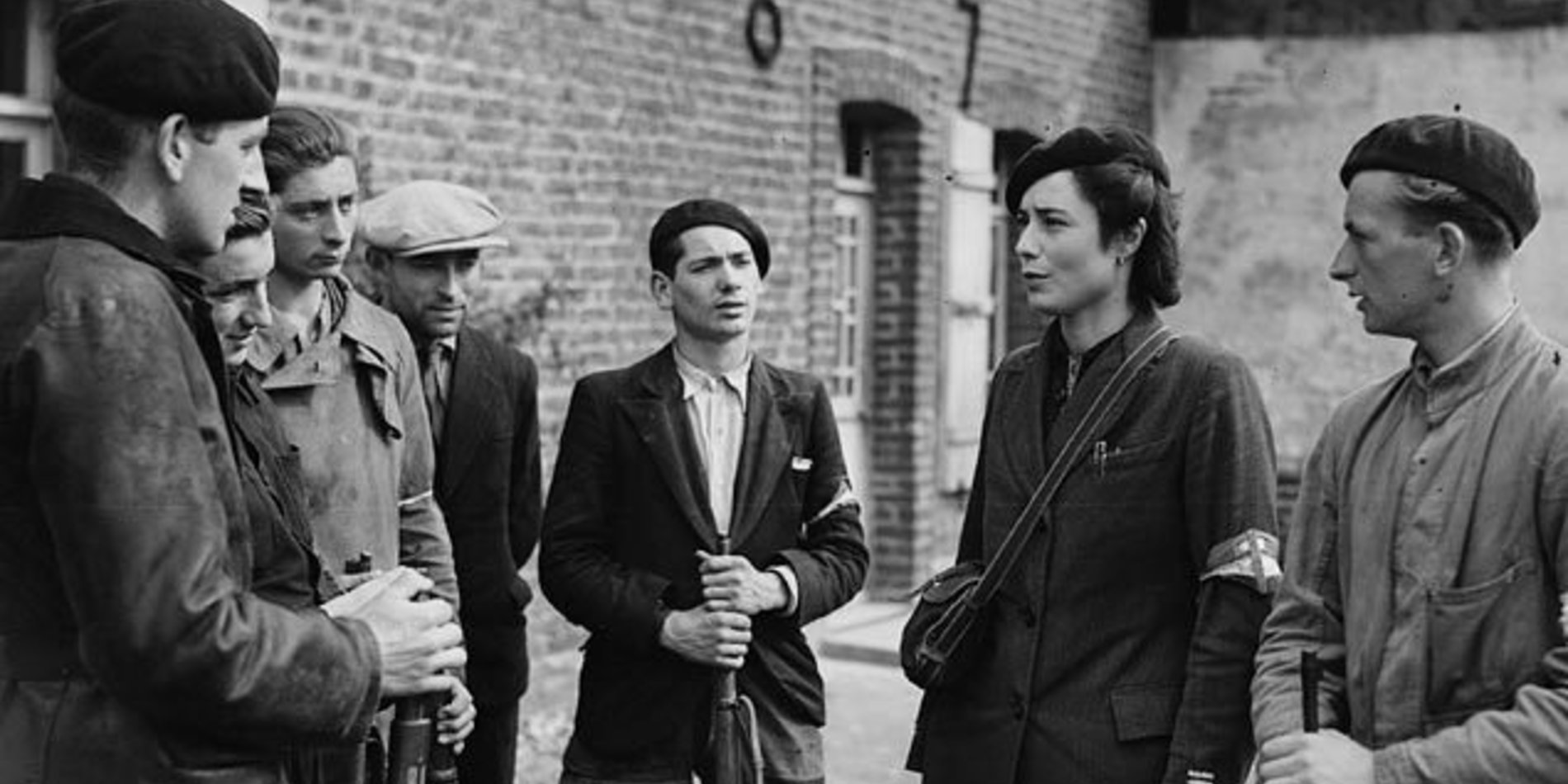Course Description
What is resistance and what did it mean in Nazi-occupied Europe? What prompted some to resist, while others tried to accommodate or actively collaborate with the occupiers? How have postwar societies remembered their resistance movements and their collaborators?
This seminar explores responses to the Nazi order during World War II. We will examine experiences under occupation; ethical dilemmas that the subject peoples faced; resistance activities and strategies; motivations and goals of the participants as well as the diversity of their experiences depending on their nationality, position in the Nazi racial classification, ideological commitment, and gender. In addition to wartime history, we will study variations in postwar memorialization. To account for differences in occupation policies and local responses, we will look at select cases in Western, Central, Eastern, and Mediterranean Europe through sources including memoirs, diaries, speeches, newspaper articles, resistance circulars, military documents, propaganda, cartoons, photographs, and films. In addition, we will visit the Hoover Institution Archives and probe its spectacular World War II collections. Through in-class activities including individual and group presentations, debates, and discussions, this seminar will encourage you to think historically and craft arguments about resistance in this era.
Meet the Instructor: Jelena Batinic

"I am a historian of modern Europe. My research interests include World War II, war and society, revolutionary movements, and gender history. My recent book, Women and Yugoslav Partisans: A History of World War II Resistance (Cambridge University Press, 2015), combines these interests. It explores a fascinating World War II phenomenon: the mass participation of women in the communist-led resistance movement in Yugoslavia. I received my Ph.D. in history from Stanford, master’s degrees in women’s studies and history from the Ohio State University, and my B.S. in mechanical engineering from the University of Belgrade."




